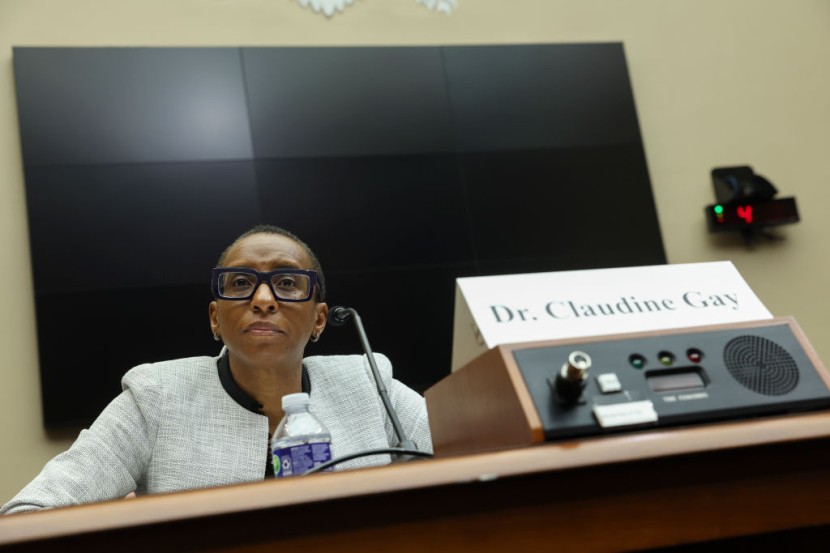Following the discovery by a committee examining claims of plagiarism against Harvard University president that she had committed citation mistakes, Claudine Gay intended to make three changes to her dissertation that she had written in 1997, according to a representative for the institution itself.
The Harvard Corporation, the governing body of the institution, reviewed two published pieces in the last week that were the subject of Gay's edits. Gay was installed as president of Harvard in September.
Her already turbulent first semester as the university's first Black president has been further rocked by questions about Gay's academic integrity. Earlier this month, she faced a push to resign in response to her congressional testimony regarding antisemitism on campus.

In Response to Plagiarism Claims
In a report by Reuters, a representative for the university said that on October 24, the New York Post newspaper made a media request that brought the plagiarism claims against Gay to the notice of the Harvard Corporation.
The 11-member Corporation and a group of independent political scientists conducted an investigation into Gay's work. According to a statement released by the Corporation on December 12, the investigators determined that while Gay's work did contain some instances of inadequate citation upon initial review, the work did not constitute research misconduct.
A new assessment was conducted in response to subsequent claims about Gay's 1997 Harvard Ph.D. dissertation. University spokesman said on Wednesday, December 20, that investigators discovered "duplicative language without appropriate attribution."
The spokesman confirmed that Gay would be submitting three citation changes for her dissertation to the Office of the Provost at the institution.
See Also : Harvard President Claudine Gay Faces Accusations of 40 Acts of Plagiarism in New Complaint
In the Face of Widespread Criticism
Since Gay's appearance before a congressional hearing on December 5, when she refrained from declaring directly that advocating for the murder of Jews on Harvard's campus would violate the school's code of conduct, she has been subjected to significant pressure from benefactors at Harvard and the Jewish community to quit. However, she has not done so.
"Our extensive deliberations affirm our confidence that President Gay is the right leader to help our community heal and to address the very serious societal issues we are facing," said the Harvard Corporation in a statement released last week.
Demonstrations against the Israel-Hamas conflict had engulfed the campuses of the University of Pennsylvania and the Massachusetts Institute of Technology, as well as other schools and universities in the United States, apart from Harvard. At the time, Gay and the presidents of those institutions were summoned to testify.
In a subsequent interview with the Harvard Crimson, Gay expressed regret for her comments.
Liz Magill, president of the University of Pennsylvania, stepped down from her position on December 9, Reuters reported.
© 2026 HNGN, All rights reserved. Do not reproduce without permission.








